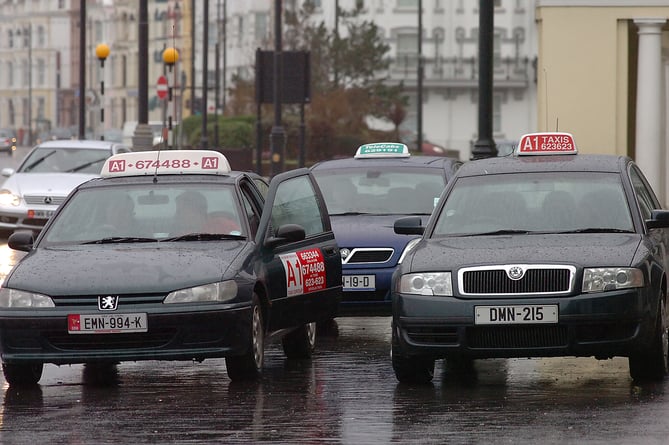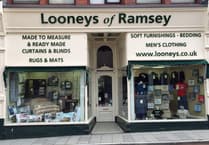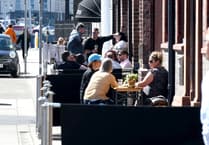People looking to take taxi rides on the Isle of Man could now have to pay more for their journeys.
The Road Transport Licensing Committee (RTLC), the regulatory body responsible for overseeing taxi fares, has implemented a number of changes this week in a move that will hit cab customers in their pockets.
Among them was a decision to bring forward the time when more expensive taxi fares kick-in by an hour.
Since Monday, the cost of a ‘tariff one’ fare has risen from £3.50 to £3.80 for the initial 180 yards or 60 seconds of a journey while the cost of the later ‘tariff two’ fare now stands at £4.70 for the first 170 yards or 60 seconds of a journey - an increase of around 40p.
And ‘tariff two’ fares now kick-in an hour earlier, starting at 11pm instead of midnight.
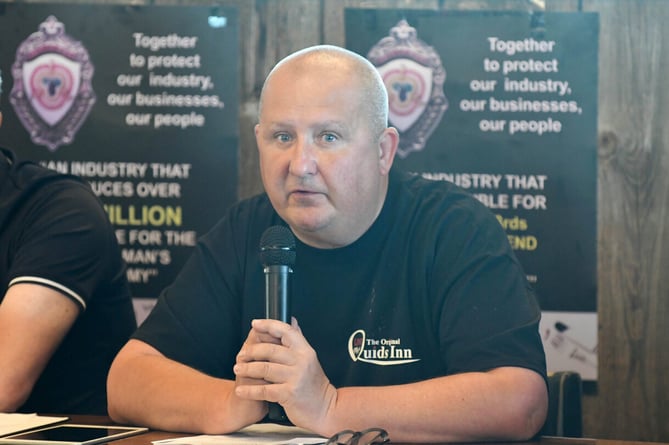
Speaking on behalf of The Licensed Victuallers’ Association (LVA), he said: ‘We understand the rise in taxi fares, which is needed as they are suffering rising costs like every other business. ‘However, it is the understanding of our organisation that the taxi drivers, or base owners didn't ask for the movement of tariff two start time from Midnight to 11pm, and they feel it will be damaging to their trade. ‘We feel it will also be damaging to our industry, making people potentially go home earlier. ‘As such we would question who is making unilateral decisions without consultation to public and trade.’
Another change brought-in as part of the tariff increases is a 50p rise in the surcharge for fares originating from Ronaldsway Airport which is now set at £2.
Barry Murphy, who has worked as a taxi driver on the island for over 20 years, is concerned that the increases could have a negative impact on the taxi trade.
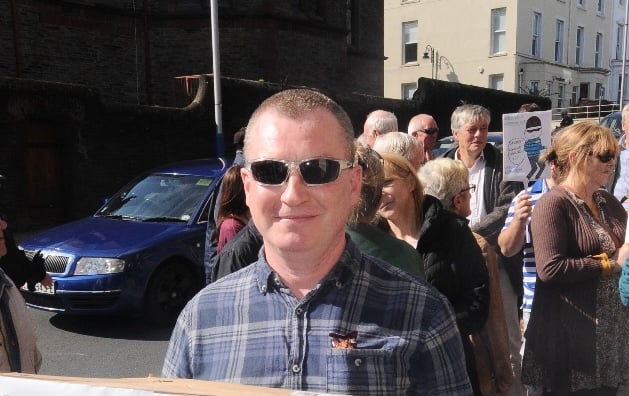
He said: ‘I personally think it is a huge mistake moving the night rate back by one hour and not publishing and pre-warning the public.
‘This change happened officially on Monday and where was the press releases?
‘Taxi drivers that concentrate our work solely on the ranks understand that many passengers have limited funds to get home from work etc. I come across said passengers on a nightly basis.
‘A warning/notice period could at least have allowed employers to consider some assistance to staff.
‘I am unsure as to why the RTLC made the decision to change what was a perfectly good and understood system after 21 years in situ, but the reason should be announced by the RTLC so we can all understand it.’
The changes mark the first tariff adjustments since 2022 and came about following talks between the RTLC and the taxi industry.
According to a survey conducted by the committee, 39% of respondents called for maintaining current tariffs while 46% favoured a 1-5% increase in fare prices.
But for cabbie customers particularly unhappy with the changes, there could be a way of potentially avoiding the higher fares late at night.
According to Noel Capewell, secretary of RTLC, the increases only apply to ply for hire journeys and not private hire bookings.
He said: ‘Ply for hire is when you get picked up off the taxi rank or if you hail down in the street, anything else, like when you book a taxi in advance is private hire.
‘The vast majority of journeys are private hire.
‘Private hire journeys, the legislation doesn’t really cover it but the industry practice for private hire bookings is the fare should be set by the operator and agreed between the operator and passenger before the journey begins.
‘When you book a taxi in advance, for example Douglas to Union Mills, the operator should say something like £15 and it’s up to the passenger to agree.
‘Sometimes they just say is it OK if we use the meter, and if you say yes then you’ve agreed into a verbal contract with the driver.’
Mr Capewell also said that the time change involving ‘tariff two’ could be changed again in the near future if necessary.
He said: ‘The RTLC goes out to the taxi trade every year in like a newsletter and asks for suggestions on what should happen in the taxi trade this year.
‘The change was discussed in a meeting where the RTLC consulted the trade and everyone at the meeting supported moving ‘tariff two’ from midnight to 11pm.
‘It was mentioned however this is a trial, and the next time it is discussed and if this turns out to be a bad idea it could always be put back.
‘The RTLC can set the tariff whenever, there’s no set time for it, so if this ends up being an overwhelmingly bad idea then in a few months the RTLC can rectify it.
‘There are plenty of jurisdictions in the UK that start their tariff earlier than midnight, Jersey for example is from 11am till 7am.’
